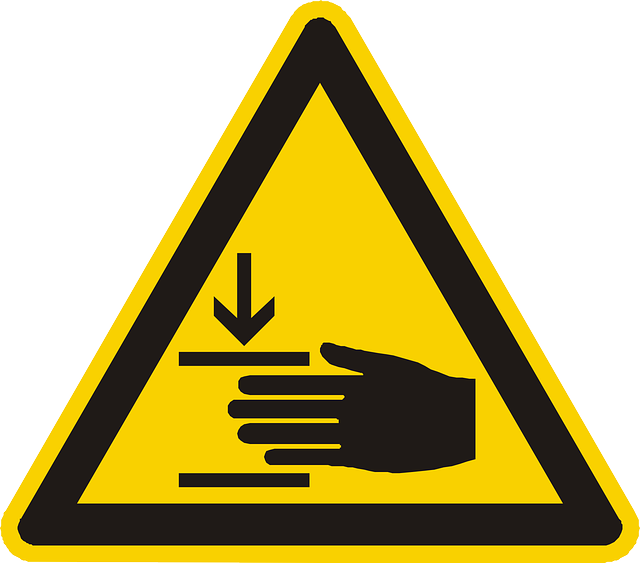For catastrophic injury attorneys, mastering state-specific laws is crucial due to varying time limits for filing lawsuits, methods for calculating compensation, and legal approaches to liability and damages. These nuances impact strategies, settlements, and client rights. Understanding local regulations, from business law to elder care, enables attorneys to navigate complex cases effectively, secure maximum compensations, and protect clients' interests within each jurisdiction's unique framework.
In the intricate world of catastrophic injury law, state jurisdiction plays a pivotal role in shaping attorney strategies. Every U.S. state has its unique legal framework, significantly impacting claims processes and outcomes for victims seeking justice. This article delves into the critical aspects that influence how catastrophic injury attorneys navigate their cases, including state-specific statutes of limitations, damage awards, and jurisdiction rules. Understanding these variations is essential for legal professionals to provide effective representation and secure favorable resolutions for their clients.
- State Jurisdiction and Catastrophic Injury Cases
- – Understanding the role of state laws in catastrophic injury claims
- – Variations in legal frameworks across different states
State Jurisdiction and Catastrophic Injury Cases

The jurisdiction under which a catastrophic injury case falls is a critical factor for any catastrophic injury attorney to consider. Each state has its own set of laws and regulations governing personal injury claims, with varying time limits for filing lawsuits and differing approaches to calculating injury compensation. These legal frameworks significantly influence the strategies employed by attorneys representing clients in such complex cases.
When handling a catastrophic injury claim, whether it involves a serious auto accident or another type of incident, understanding the state’s jurisdiction is paramount. This knowledge ensures that the catastrophic injury attorney can navigate the legal process effectively, maximize potential accident settlements, and advocate for their client’s rights within the specific boundaries of the relevant state laws.
– Understanding the role of state laws in catastrophic injury claims

When a catastrophic injury occurs, individuals often turn to a catastrophic injury attorney for legal representation. However, the specific laws governing these claims vary significantly from state to state. Understanding these state laws is crucial for attorneys navigating such complex cases, as they can significantly impact their strategies and the potential outcomes for their clients. Each jurisdiction has its own set of regulations that dictate liability, compensation, and the overall process, demanding a tailored legal approach.
For instance, some states have strict liability rules in place for certain types of injuries, while others may prioritize negligence cases. These variations can affect how an attorney builds their case, including evidence requirements, burden of proof, and available damages. Moreover, state laws often interact with other legal domains, such as business litigation or real estate litigation, when the injury involves complex issues like product liability or premises liability. Even areas like elder law might intersect, particularly in cases involving vulnerable populations. Therefore, a comprehensive grasp of local legislation is indispensable for successful representation in catastrophic injury claims.
– Variations in legal frameworks across different states

The legal landscape for catastrophic injury cases varies significantly across different states in the U.S. This variation stems from each state having its own set of laws and regulations that govern personal injury claims, including those involving serious injuries. For a catastrophic injury attorney, understanding these nuances is paramount to crafting effective strategies. State laws can dictate everything from the statute of limitations for filing a claim to the types of damages that can be awarded.
Moreover, certain legal concepts like the fiduciary duty breaches between an attorney and their client also differ state-to-state. These variations require catastrophic injury attorneys to tailor their approach based on where the case is being handled. For instance, a car accident attorney in one state might have more leeway in pursuing punitive damages than another where such damages are more restricted. Therefore, a thorough understanding of local laws is crucial for maximizing compensation and achieving justice for clients suffering from serious injuries.
In navigating the complexities of catastrophic injury cases, understanding state jurisdiction and the corresponding legal frameworks is paramount for successful strategies. The variations in laws across different states can significantly impact case outcomes, making it crucial for catastrophic injury attorneys to be well-versed in these nuances. By staying informed about state-specific regulations, these legal professionals can ensure their clients receive fair compensation tailored to their jurisdiction. This knowledge empowers them to advocate effectively, ultimately enhancing the chances of favorable resolutions for those affected by severe injuries.






